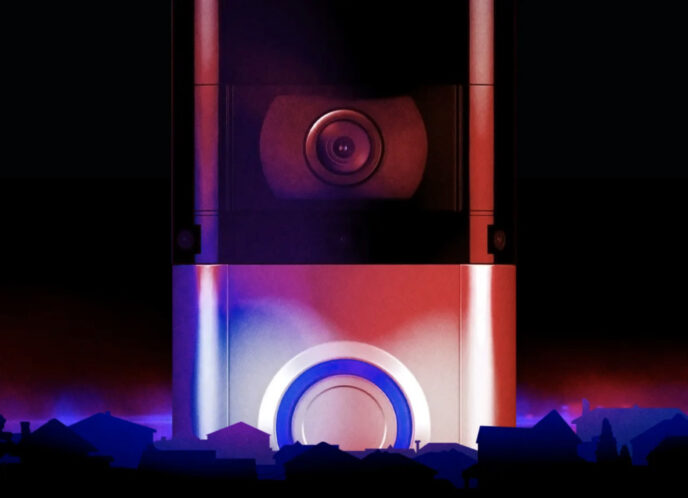Closing arguments are expected Monday in murder trial for McMichael and two other white men charged in the slaying of Arbery, whose death became part of a broader reckoning on racial injustice in the criminal legal system.
He also testified that much of what he knew about local burglary reports came from the Facebook group for the Satilla Shores subdivision where he lived with his parents.
Scholars have long found that people who consume a lot of media tend to have a greater sense of fear, said David Ewoldsen, a Michigan State University professor who studies media and psychology. The strongest effect is with local news, because people know the area and identify with it.
“These platforms serve as vehicles to amplify and echo a feeling that your community is under assault,” said Steven Renderos, executive director of the group MediaJustice. Watching discourses himself, he’s felt “there’s a way in which white vigilante-ism is praised and in a way in which Black existence is criminalized.”
Still, Renderos would like to see more transparency around the users’ demographic data to see whether it reflects the entire community, since artificial intelligence can only go so far in weeding out hate speech or violent language.
“At the end of the day,” he said, “what you can’t fix on the platform side is the racism that exists in those communities.”



